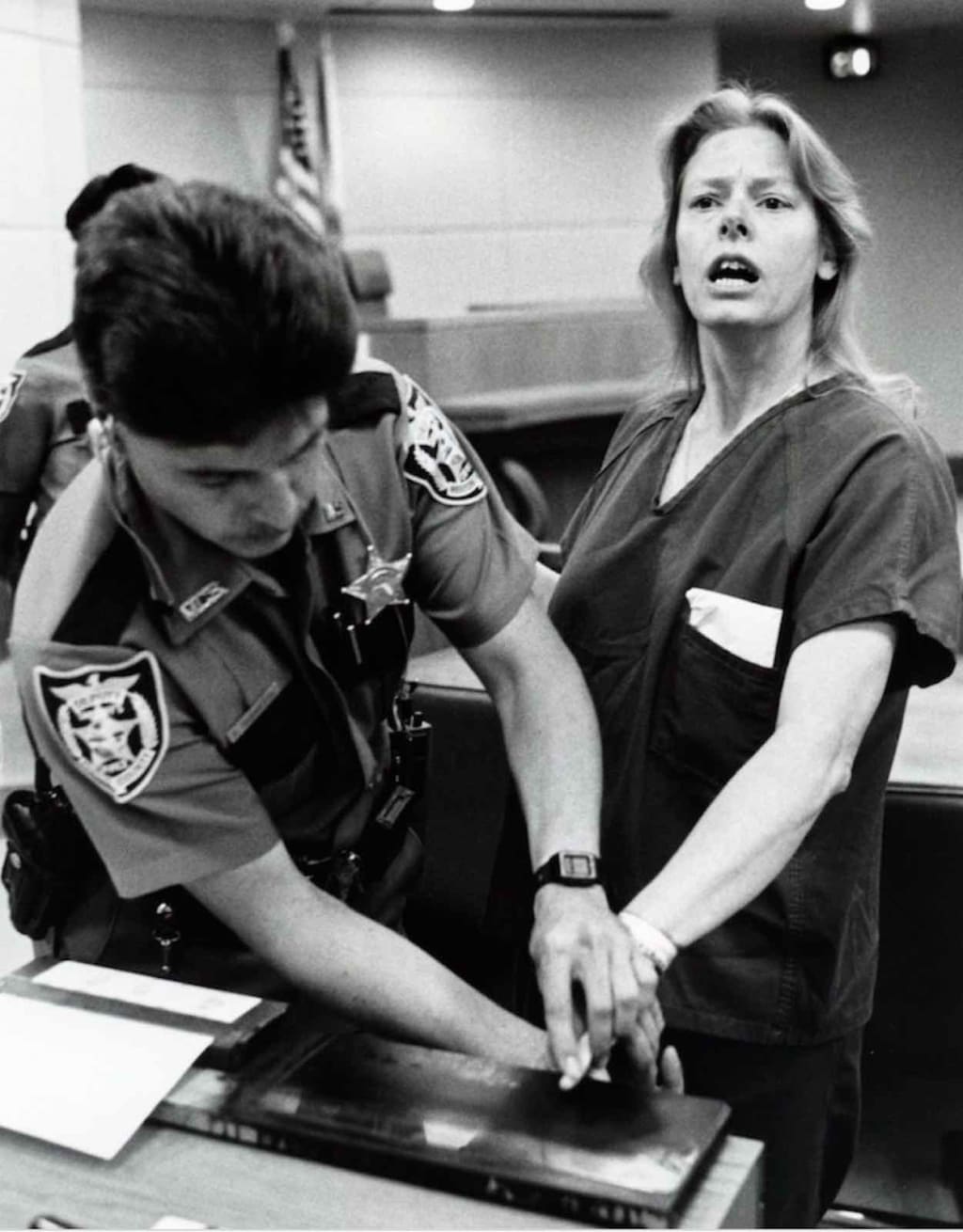Aileen Wuornos: The Troubled Journey of a Female Serial Killer
Real Life Story

Introduction:
Aileen Wuornos, a name that both fascinated and repulsed the world, emerged as one of the most notorious female serial killers in American history. Her life and crimes became the subject of intense scrutiny and debate. This article delves into the tumultuous life, harrowing crimes, and complex psychology of Aileen Wuornos, shedding light on the factors that shaped her path towards becoming a ruthless murderer.
Early Life and Troubled Beginnings:
Aileen Carol Wuornos was born on February 29, 1956, in Rochester, Michigan. Her early years were marred by a troubled family life. Wuornos never knew her father, and her mother, Diane Wuornos, struggled with alcoholism and abandonment issues. Aileen's childhood was marked by instability, sexual abuse, and run-ins with the law.
By the age of 14, Wuornos had turned to prostitution as a means of survival, a path that would intertwine with her later criminal activities. She entered into a cycle of crime, arrests, and a tumultuous existence that set the stage for her descent into violence.
The Killing Spree and Motivations:
Between 1989 and 1990, Aileen Wuornos embarked on a killing spree that targeted men across Florida. She claimed that her victims had sexually assaulted or threatened her while soliciting her services as a sex worker. Wuornos confessed to murdering seven men during this period, although the true number may never be known.
Wuornos's motives have been a subject of debate. She often asserted that her crimes were acts of self-defense, fueled by a deep-rooted fear of violence against women. However, some skeptics questioned the veracity of her claims, suggesting that financial gain or a thirst for power may have been driving forces.
Legal Proceedings and Controversies:
Wuornos's case garnered significant attention and controversy. Her trial, which began in 1992, was marked by media scrutiny and conflicting narratives. Wuornos's defense team argued that her actions were a response to a lifetime of abuse and trauma, while the prosecution painted her as a cold-blooded killer without remorse.
The trial took a dramatic turn when Wuornos fired her legal counsel and decided to represent herself, a move that many considered unwise. Her erratic behavior and emotional outbursts further complicated the proceedings, adding to the public's intrigue and curiosity surrounding the case.
Execution and Legacy:
Despite public appeals for clemency and claims of mitigating circumstances, Aileen Wuornos was convicted and sentenced to death. On October 9, 2002, she was executed by lethal injection at Florida State Prison. Her case, marked by its gender dynamics and the complexities of trauma-induced violence, remains a subject of fascination and controversy.
Wuornos's story raised important questions about mental health, the impact of childhood trauma, and the role of societal factors in shaping criminal behavior. Some viewed her as a victim of circumstances, highlighting the failures of the system to support and protect vulnerable individuals. Others saw her as a dangerous predator who deserved the ultimate punishment.
Beyond the legal and moral debates, Wuornos's life and crimes exposed the grim realities of the sex industry and the dangers faced by those involved. Her case shed light on the vulnerability of sex workers, the stigmatization they face, and the societal marginalization that can lead to tragic outcomes.
Conclusion:
Aileen Wuornos's life and crimes serve as a grim reminder of the complex interplay between personal experiences, mental health, and criminal behavior. Her troubled upbringing, coupled with the hardships she faced as a sex worker, undoubtedly shaped her path towards violence. While her motives and actions continue to be a subject of debate, her case highlights the need for empathy, understanding, and proactive measures to address the underlying issues that contribute to such tragedies.
As society grapples with the legacy of Aileen Wuornos, it is crucial to examine the broader systemic failures that perpetuate cycles of violence and victimization. By acknowledging the multifaceted nature of criminal behavior, we can strive for a more compassionate and just society, addressing the root causes of violence and supporting those most vulnerable to its grip.
About the Creator
Zakria Mirza
My multifaceted abilities as a writer and leader shine brilliantly. With a dazzling literary prowess that captivates and mesmerizes, my words possess an exquisite eloquence, leaving readers spellbound.






Comments
There are no comments for this story
Be the first to respond and start the conversation.